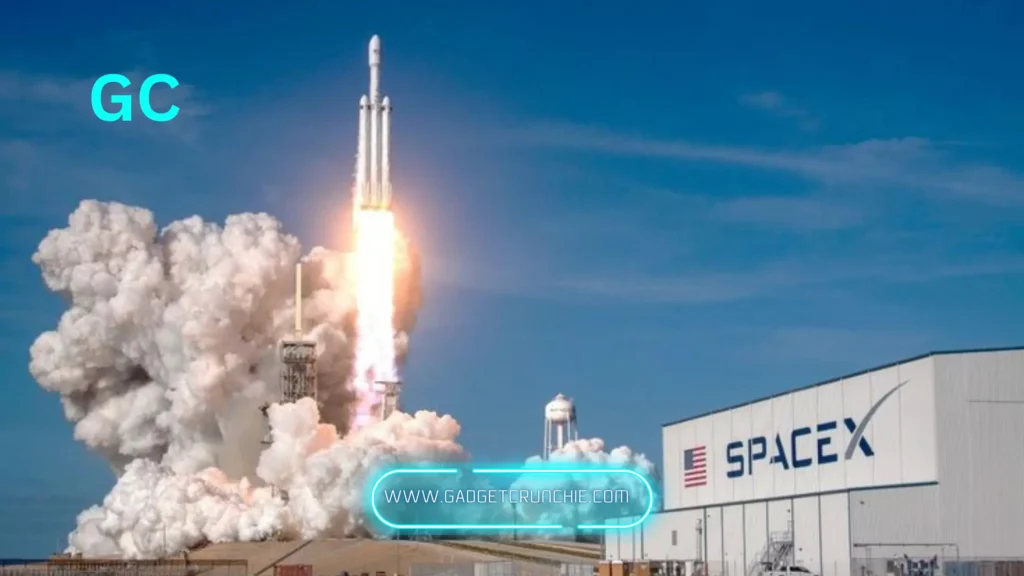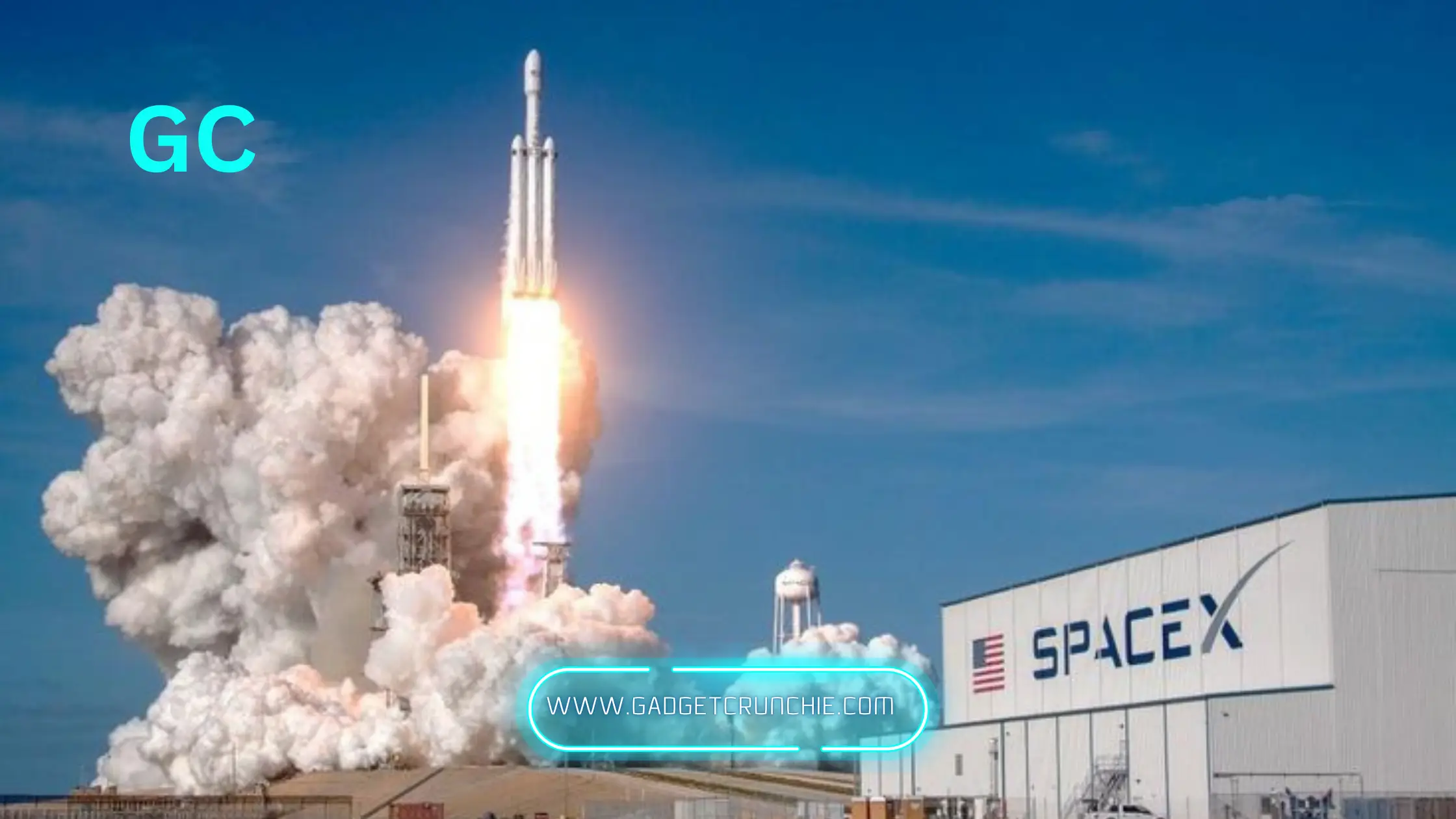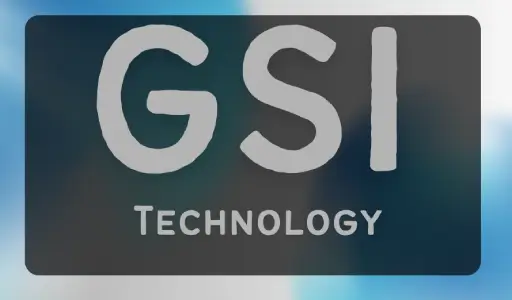The Impact of SpaceX Satellites on Global

SpaceX’s ambitious satellite constellation project, known as Starlink, is poised to revolutionize global communication networks. The Impact of SpaceX Satellites on Global with the deployment of thousands of small satellites in low Earth orbit, SpaceX aims to provide high-speed internet access to even the most remote regions of the world. This article delves into the multifaceted impact of SpaceX satellites on a global scale, exploring the benefits, challenges, and implications associated with this groundbreaking initiative. From improved connectivity and economic opportunities to environmental concerns and regulatory hurdles, the presence of SpaceX satellites in the Earth’s skies has far-reaching consequences that warrant careful examination.
Introduction to SpaceX’s Satellite Constellations
SpaceX, the brainchild of Elon Musk, is not just about flashy rockets and futuristic dreams—it’s also making waves in the satellite industry. One of SpaceX’s ambitious projects is the Starlink constellation, a network of satellites aimed at providing global internet coverage. These satellites are not your average spacecraft; they’re part of a larger initiative to revolutionize connectivity on a global scale.
Overview of SpaceX’s Starlink Project
Starlink is like building a virtual net in the sky, with thousands of small satellites working in unison to create a blanket of internet coverage around the Earth. This project is a game-changer, bringing high-speed internet access to remote and underserved areas that have long been left in the digital dark. With Starlink, SpaceX is not just reaching for the stars; it’s bringing them closer to us, one satellite at a time.
Deployment and Expansion Goals
SpaceX isn’t stopping at a mere handful of satellites. The company has big plans to deploy thousands more, creating a web of connectivity that spans the entire globe. By ramping up the number of satellites in orbit, SpaceX aims to boost coverage, speed, and reliability for users worldwide. The sky’s not the limit—it’s just the beginning for SpaceX’s satellite ambitions.
Advantages of SpaceX Satellites for Global Communication
When it comes to global communication, SpaceX’s satellites are more than just shiny objects in the sky. They offer tangible benefits that can make a real difference in how we connect with each other, no matter where we are on the planet.
Improved Connectivity in Remote Areas
For those living in remote areas with limited or no access to reliable internet, SpaceX’s satellites are a game-changer. By beaming internet signals from space, Starlink can bridge the digital divide and bring the world closer together, one connection at a time. Whether you’re in the heart of a bustling city or the depths of a rural village, SpaceX is working to ensure that everyone is just a click away from the rest of the world.
Enhanced Reliability and Speed
Forget about buffering and dropped calls—SpaceX’s satellites offer a new standard of reliability and speed for global communication. With a vast network of satellites working in concert, users can enjoy faster internet speeds and more stable connections, even in the most far-flung corners of the world. Whether you’re streaming your favorite show or video-calling a loved one on the other side of the globe, SpaceX’s satellites are here to make sure you stay connected without missing a beat.
Environmental Concerns and Mitigation Strategies
While SpaceX’s satellite constellations hold promise for revolutionizing global connectivity, they also raise important environmental considerations that need to be addressed. From light pollution to sustainable design, it’s crucial to balance technological progress with ecological responsibility.
Light Pollution and Astronomical Observations
One of the concerns surrounding SpaceX’s satellites is the potential for increased light pollution in the night sky, which could impact astronomical observations and stargazing experiences. To mitigate this issue, SpaceX is exploring ways to reduce the reflective properties of its satellites and work with astronomers to find solutions that allow for both space exploration and satellite deployment to coexist harmoniously.
Sustainable Satellite Design and End-of-Life Disposal
SpaceX is not just launching satellites into orbit without a care; the company is actively developing sustainable satellite design and end-of-life disposal strategies to minimize space debris and environmental impact. By incorporating recyclable materials, efficient propulsion systems, and responsible deorbiting procedures, SpaceX is paving the way for a more environmentally conscious approach to satellite deployment and management.
Regulatory Challenges and International Cooperation
Navigating the regulatory landscape of satellite communications is no easy feat, especially when operating on a global scale. SpaceX faces a host of challenges, from spectrum allocation to interference issues, that require collaboration and coordination with international partners to ensure smooth operations and fair access to space resources.
Spectrum Allocation and Interference Issues
With multiple satellite operators vying for limited frequency spectrum, the issue of spectrum allocation becomes a crucial point of contention. SpaceX must work with regulatory bodies and other stakeholders to ensure fair and efficient use of spectrum resources, while also addressing potential interference issues that could arise from the proliferation of satellite constellations in orbit.
Collaborative Efforts for Satellite Traffic Management
To prevent space traffic jams and collisions in orbit, SpaceX is part of collaborative efforts with international partners to develop effective satellite traffic management solutions. By sharing data, coordinating maneuvers, and establishing best practices for satellite operations, SpaceX and other satellite operators can ensure safe and sustainable interactions in the increasingly crowded space environment.
Economic Impacts of SpaceX Satellites on Global Markets
Market Disruption and Competition Dynamics
SpaceX satellites are shaking up the global market scene by providing high-speed internet access to remote areas, disrupting traditional telecom providers. This competition dynamic is forcing existing players to up their game and innovate to stay relevant in the rapidly evolving space industry.
Business Opportunities and Emerging Industries
The deployment of SpaceX satellites has created a host of new business opportunities, from satellite manufacturing to data analytics services. Emerging industries such as space tourism and asteroid mining are gaining traction, presenting plentiful prospects for growth and innovation in the global economy.
Security and Privacy Implications of Increased Satellite Connectivity
Data Security Risks and Encryption Measures
With increased satellite connectivity comes heightened data security risks, prompting the need for robust encryption measures to safeguard sensitive information transmitted through satellite networks. Ensuring data integrity and confidentiality is paramount in the age of expanding satellite technology.
Privacy Concerns and Regulatory Frameworks
The rise of SpaceX satellites raises concerns about privacy infringement as satellite networks capture vast amounts of data. Regulatory frameworks must be established to govern data collection, storage, and usage to protect individuals’ privacy rights in the era of enhanced satellite connectivity.
Future Prospects and Innovations in Satellite Technology
Advancements in Satellite Design and Performance
The future of satellite technology promises groundbreaking advancements in design and performance, with SpaceX leading the charge in developing next-generation satellites that are smaller, more efficient, and capable of delivering unparalleled connectivity worldwide.
Integration with Emerging Technologies like AI and IoT
Satellite technology is set to revolutionize industries through integration with emerging technologies such as artificial intelligence (AI) and the Internet of Things (IoT). The fusion of satellites with AI and IoT capabilities holds immense potential for driving innovation, creating smart solutions, and shaping the future of global connectivity.In conclusion, the advent of SpaceX satellites is reshaping the landscape of global communication and connectivity. As we navigate the opportunities and challenges presented by this innovative technology, it is crucial to strike a balance between progress and sustainability. By addressing environmental impacts, fostering international cooperation, and safeguarding security and privacy, we can harness the full potential of SpaceX satellites to create a more interconnected and prosperous future for all.




